
Warfare (dirs. Alex Garland and Ray Mendoza)
Certificate: 15
Running Time: 96 mins
UK Distributor: A24
UK Release Date: 18 April 2025
WHO’S IN WARFARE?
D’Pharaoh Woon-A-Tai, Will Poulter, Cosmo Jarvis, Kit Connor, Finn Bennett, Taylor John Smith, Michael Gandolfini, Adain Bradley, Noah Centineo, Evan Holtzman, Henrique Zaga, Joseph Quinn, Charles Melton, Henry Zaga, Alex Brockdorff, Nathan Altai, Aaron Deakins, Donya Hussen
WHO’S BEHIND THE CAMERA?
Alex Garland and Ray Mendoza (directors, writers), Andrew Macdonald, Matthew Penry-Davey, Allon Reich and Peter Rice (producers), David J. Thompson (cinematographer), Fin Oates (editor)
WHAT’S IT ABOUT?
A platoon of soldiers in Iraq come under heavy crossfire…
WHAT ARE MY THOUGHTS ON WARFARE?
Despite what some filmmakers may claim, all cinema is inherently political. Every single film is authored with a central message or reflection on the state of our world that is either obvious to a fault or subtle to the point of being subliminal, and every single filmmaker has a distinct responsibility to execute their statement with profound persuasion while still following the guidelines of what makes a good story.
Warfare, though, is an interesting case. With its specific subject matter, filmmakers Alex Garland and Ray Mendoza clearly have politics on their mind, and yet what they present is as far from political as they can get, instead choosing to simply show things not how they want them to be, but rather what they are. Their film offers an unflinching, unfiltered and, most importantly, unsentimental look at what it is to be in a war zone where there are no cinematic heroes or surprise climactic showdowns: just men, barely old enough to own a house or start a family, trying to survive in the most stressful of situations. And as an audience member, far away from the actual carnage that people go through in this film, it’s intense as hell.
The film is adapted exclusively from the personal recollections of a small battalion of US Navy SEALs serving in Iraq in the year 2006, including co-director and co-writer Mendoza who was not only part of that platoon but is also a character in the film, played by D’Pharaoh Woon-A-Tai. He and a handful of fellow operatives and snipers – played by the likes of Will Poulter, Cosmo Jarvis, Joseph Quinn, Kit Connor, Michael Gandolfini, Charles Melton and Noah Centineo, among others – are shown taking control of a small two-level apartment building on a quiet street to spy on a group of potential Al-Qaeda insurgents on the opposite side. Their routine mission is suddenly disrupted by raging gunfire and destructive IEDs, wounding several soldiers and leaving the few unscathed ones all but sitting ducks as they wait for incoming vehicles to evacuate them from the crossfire.
As soon as it starts, Garland and Mendoza make it clear as Crystal Pepsi that Warfare is not the kind of film that gets into any kind of debate regarding the murky intentions behind the Iraq War, nor does it provide any backstory for its characters or even much context as to what their overall mission is. Its pure focus is on these soldiers doing exactly what they’ve been trained to do, exactly how the soldiers themselves remember it, which adds a striking layer of realism that is free from traditional storytelling practises. The first half-hour goes out of its way to show how non-committal it is to plot or character development, as it is largely comprised of these soldiers just sitting around this mostly empty house doing and saying almost nothing to one another or themselves. The most we ever get in terms of these soldiers’ connection to one another is a self-contained prologue in which they’re shown responding almost mindlessly to the famously sexualised music video for Eric Prydz’s “Call on Me”, and even then, there’s virtually no dialogue between them as they’re too busy being entranced by the horny aerobics on the TV.
The complete lack of characterisation is, of course, by design as Garland and Mendoza seek to replicate the feeling of being around people you’re comfortable enough with to not say much at all, especially in environments such as these where such bonds could come to a tragic end at any given moment. However, from a purely emotional standpoint, it can make the film seem rather cold and weightless, for there isn’t anyone who you can truly latch onto as the voice of reason or the unsympathetic antagonist and so on, which makes it hard to be truly invested in any of them as actual characters. One could argue, though, that the coldness is indeed a reflection of the very mundanity of war itself, where there simply isn’t time to get into any deep personal issues or for competing male egos to clash because they’ve all been trained to focus so intensely on the mission that anything else, even human connection, is secondary.
This especially becomes apparent as soon as things nosedive into all-out carnage, at which point Warfare becomes a relentless assault on the senses that doesn’t so much throw the viewer into the deep end but also attaches a 50-ton weight to their ankle before then rigging the pool with gunfire and explosions going off every ten or so seconds. The filmmakers present a striking audio-visual representation of what it is to face such rampant destruction around every corner, with shaking cinematography that only adds to the already discombobulated nerves, and especially some gripping sound design that quite beautifully mixes the piercing screams of wounded soldiers with rampant chaos in the background. The only time that it stops to take a deep breath is when the ending credits start to roll, but by then you’re so overcome with tension just from witnessing the utter stress these soldiers are constantly under that it’s not unreasonable to expect a heart attack to follow shortly afterward.
But even as the film revels in its non-stop bloodbath, it remains dedicated to keeping politics far away from the destruction. In a much more ambiguous manner than last year’s Civil War (also by Garland), Warfare refuses to adopts a sentimental anti-war stance, nor does it celebrate the jingoist mindset of American forces occupying war-torn countries, but instead it merely provides a window into perhaps the most realistic portrayal yet of military lifestyles, and encourages the viewer to come to their own conclusions. If you come away feeling disturbed by the horrors of war, there’s your answer. Likewise, if you feel inspired to sign up for service yourself, that’s also your answer. By removing the politics as much as they can, Garland and Mendoza have created a Rorschach test that asks us all to consider the true cost of war and see how many of us respond with compassion or reluctance.
In that sense alone, Warfare is absolutely a political movie, albeit one that gives audiences the option to consider whether or not they subscribe to the ideals and mindsets being put on uncompromising display here.
SO, TO SUM UP…
Warfare is perhaps the most realistic portrayal yet of military life, in all its mundane and somewhat cold but also gruesome nature, one that invites the viewer to come to their own conclusions surrounding the underlying politics of it all.




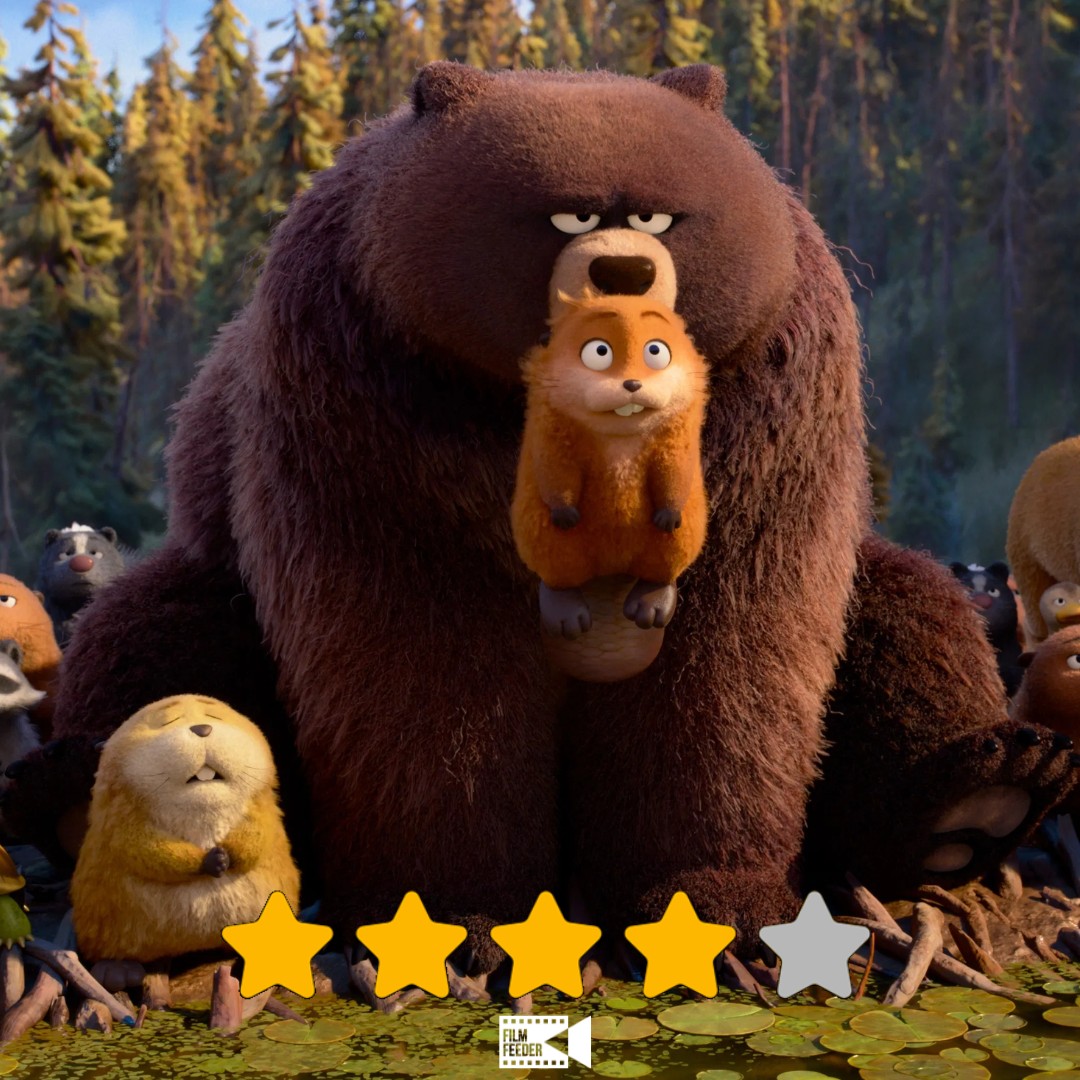
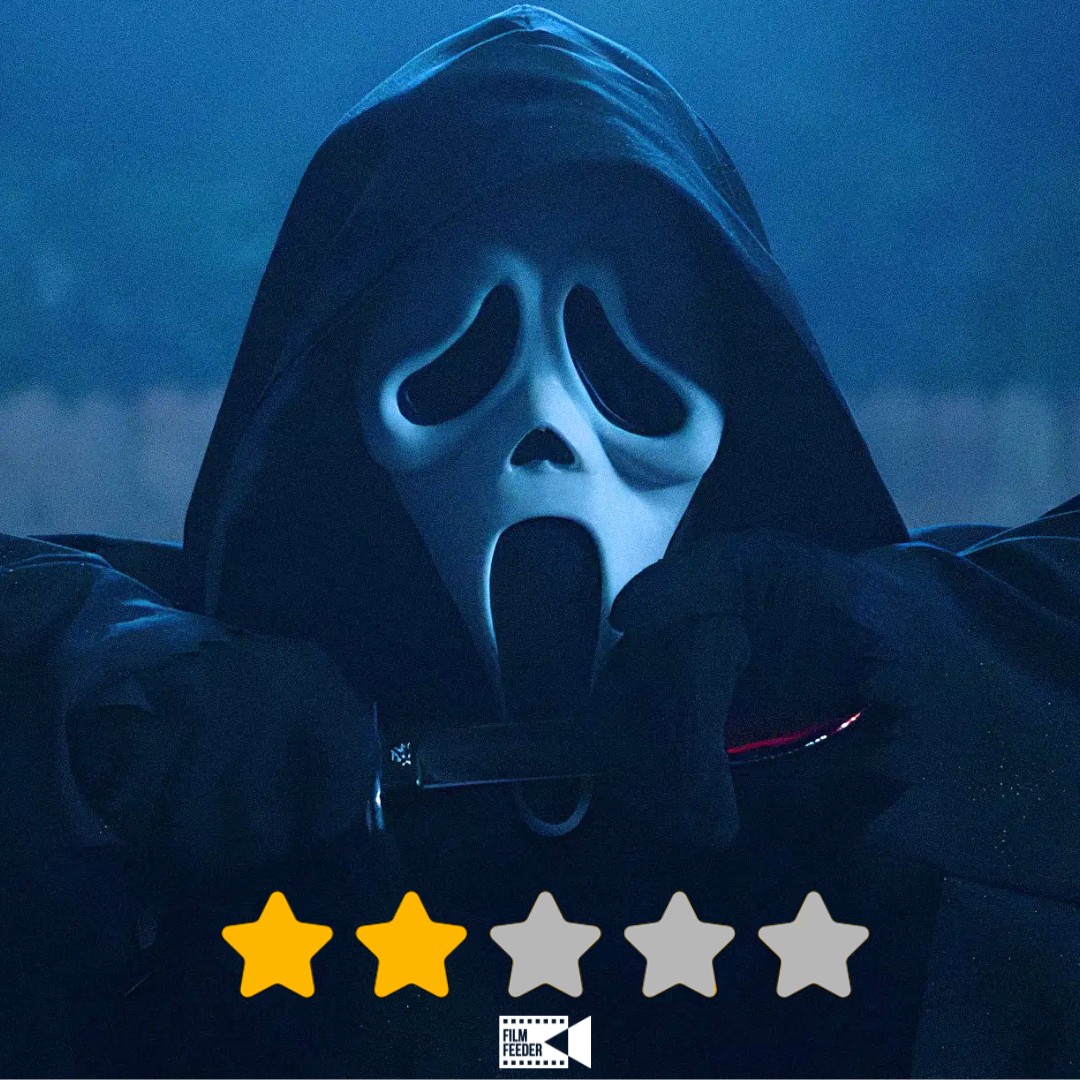
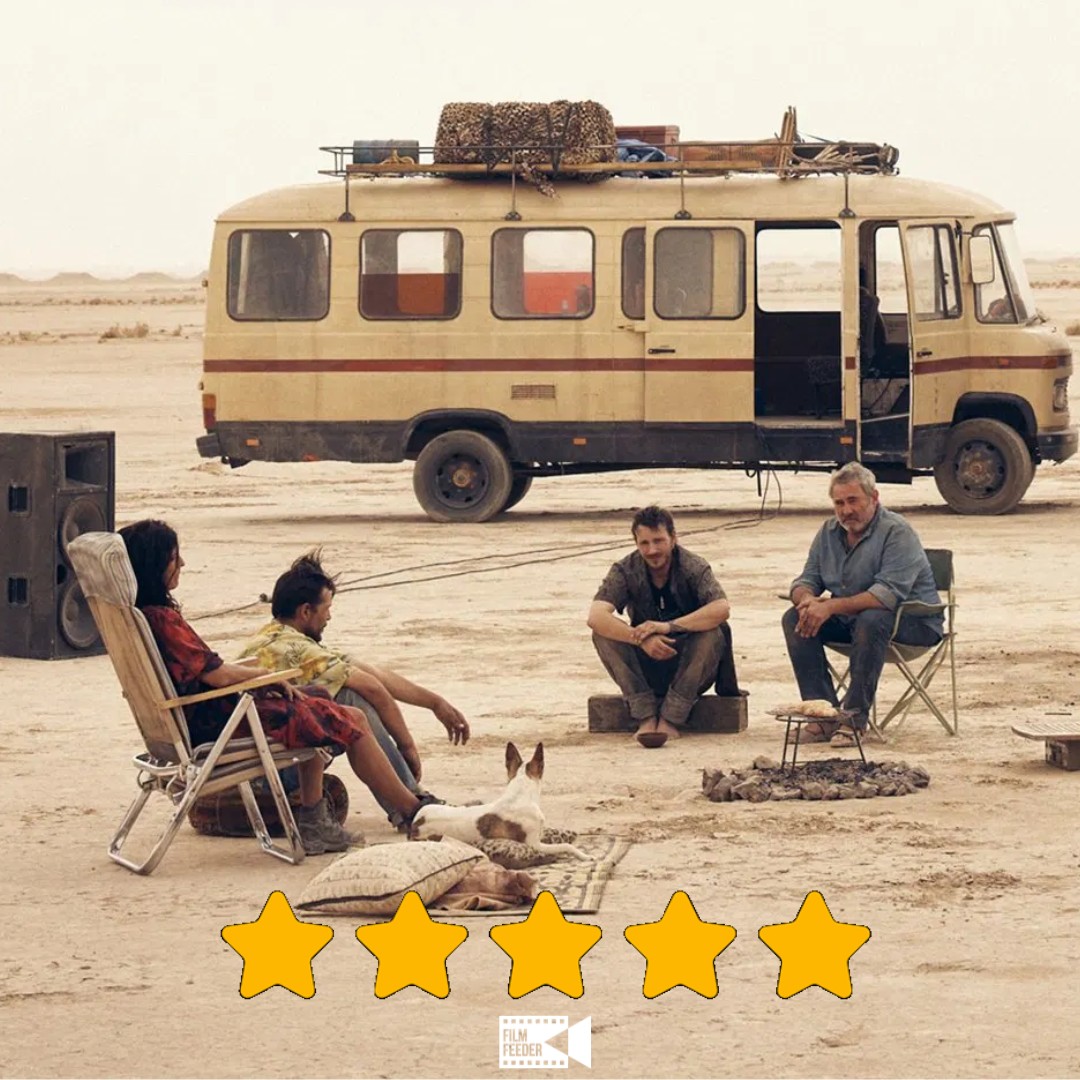
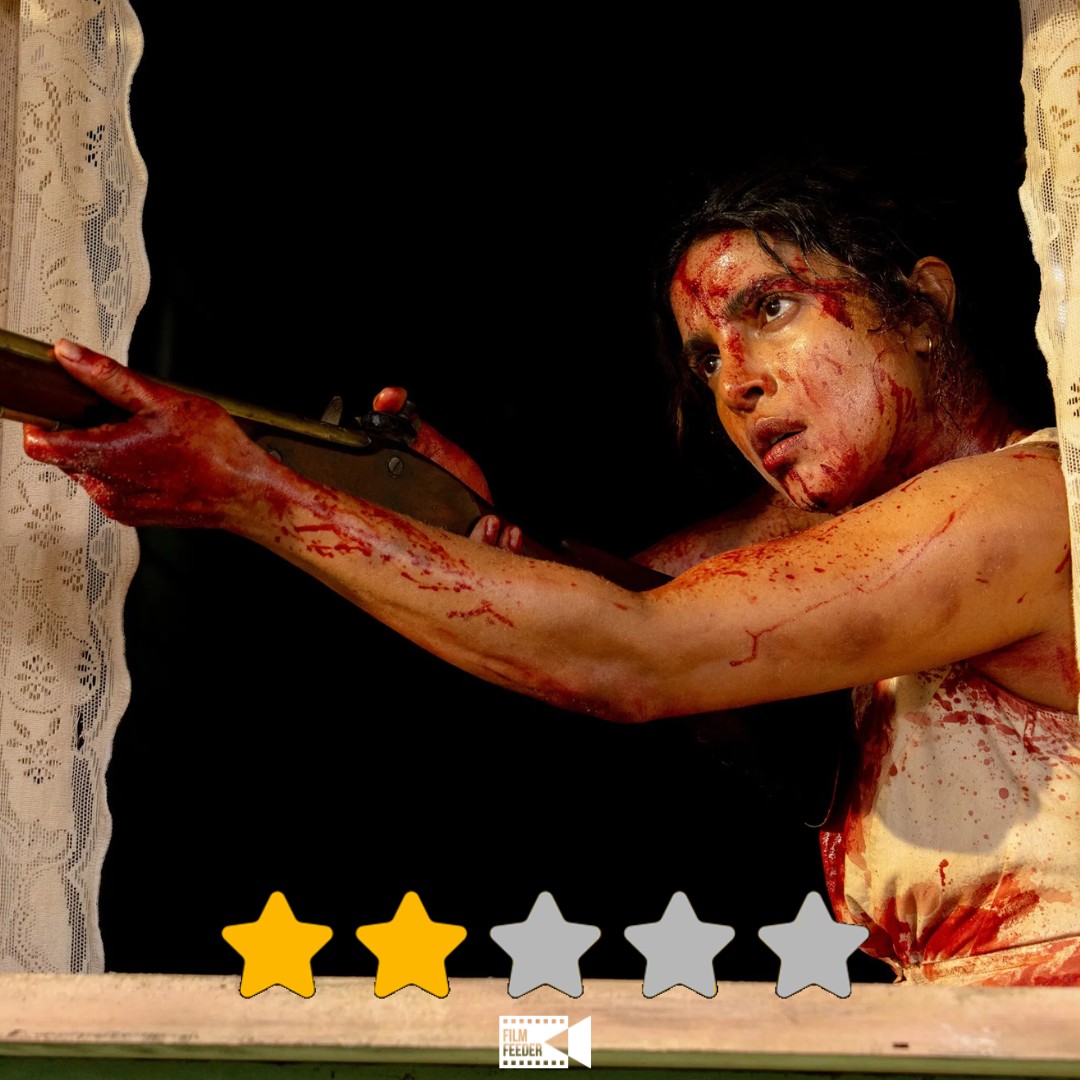
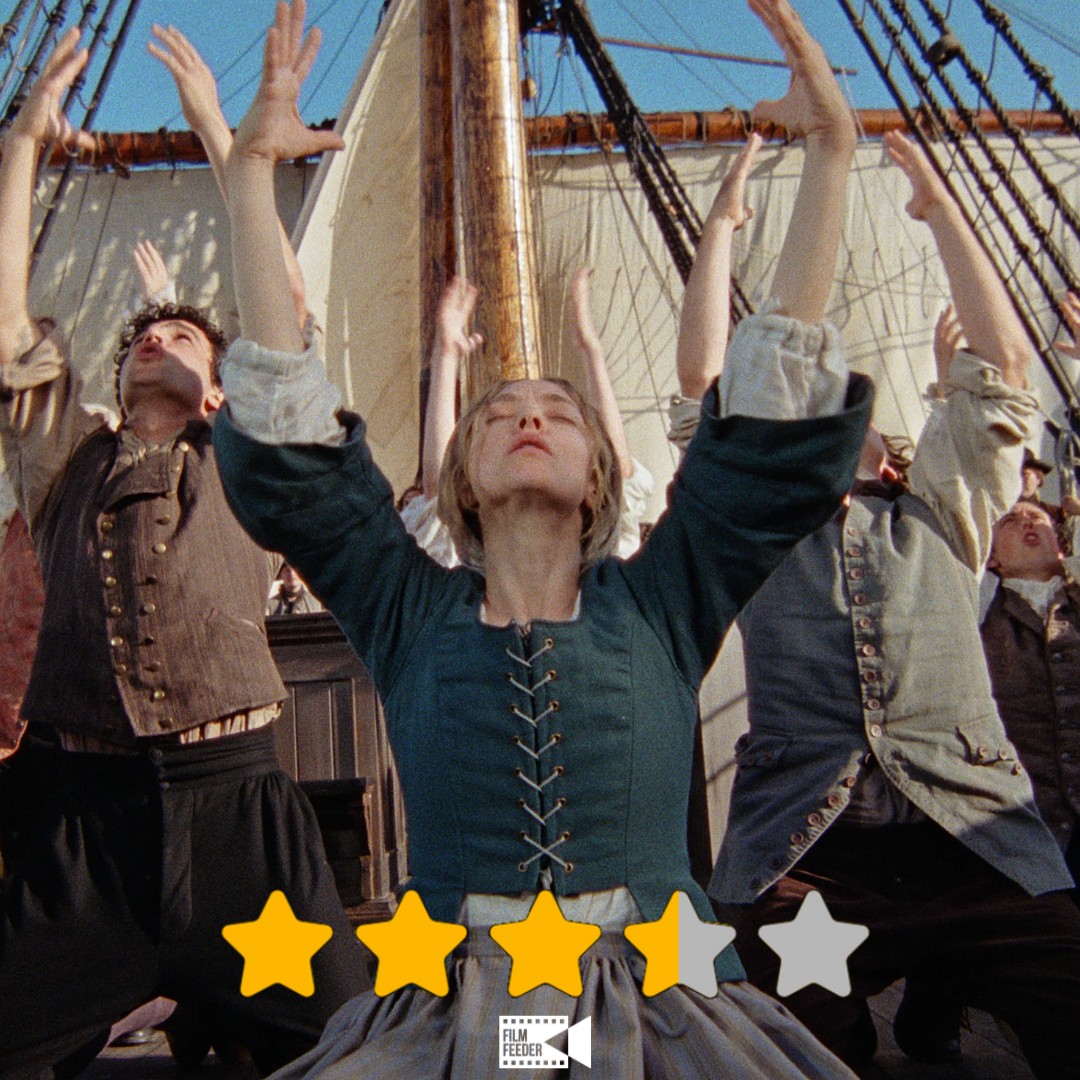
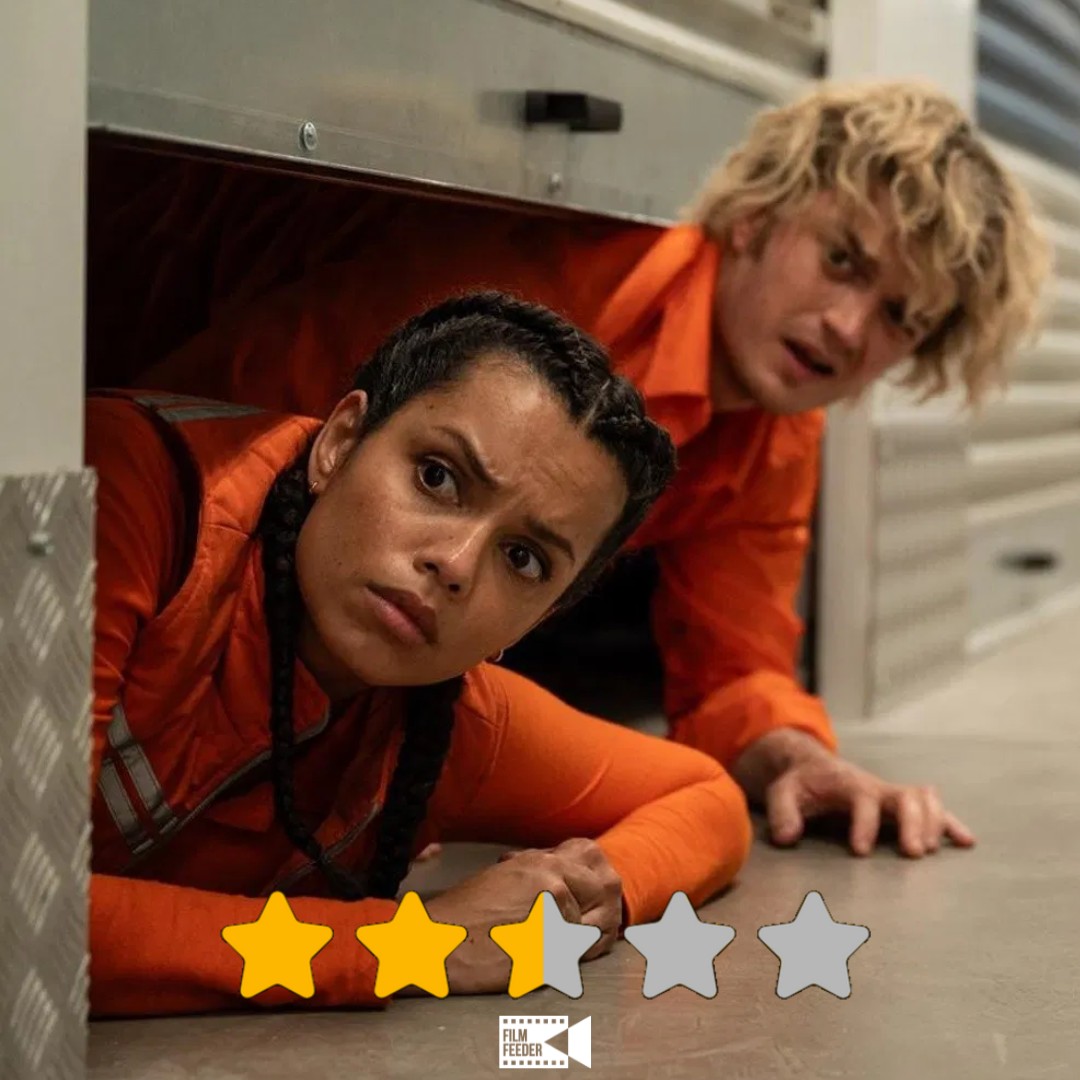
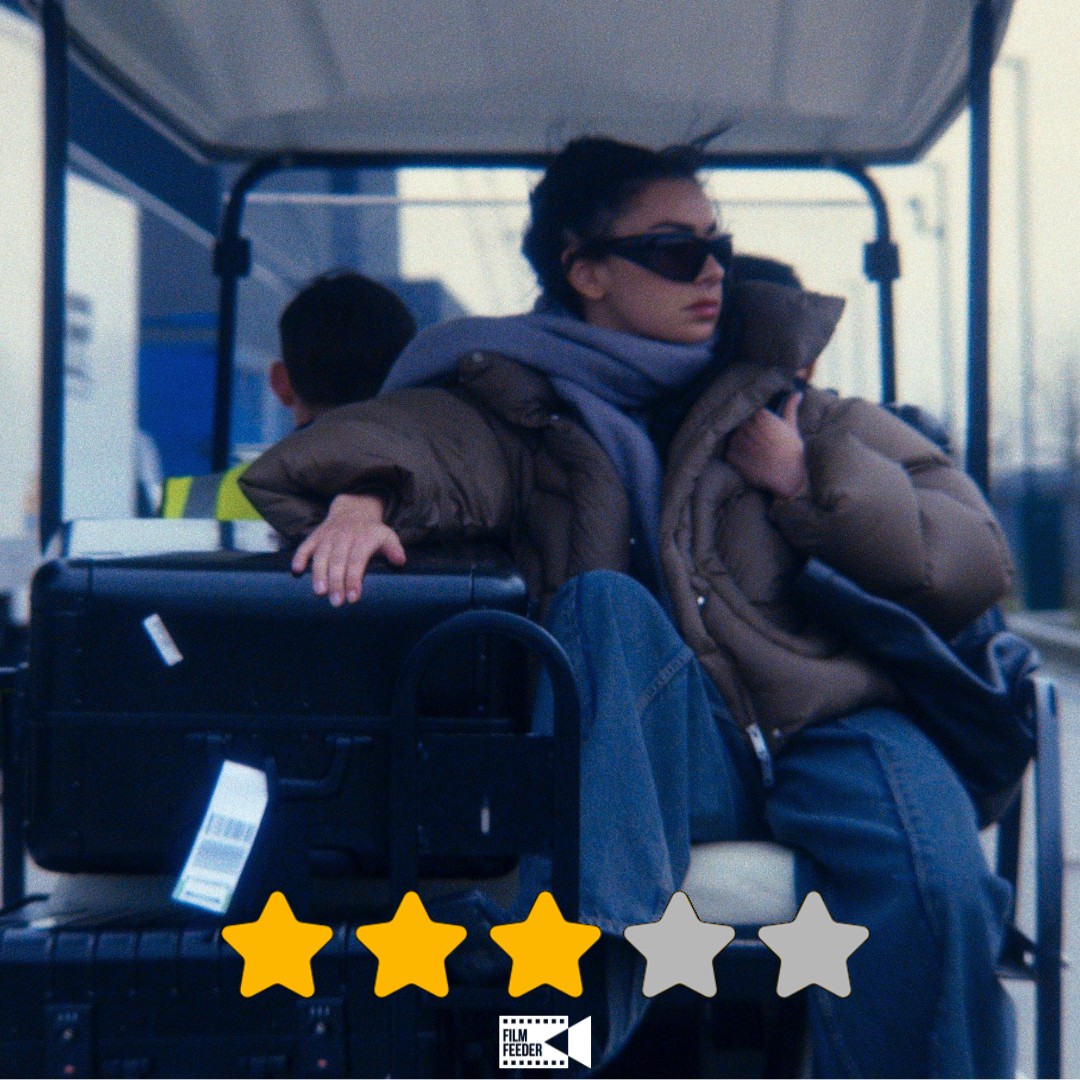
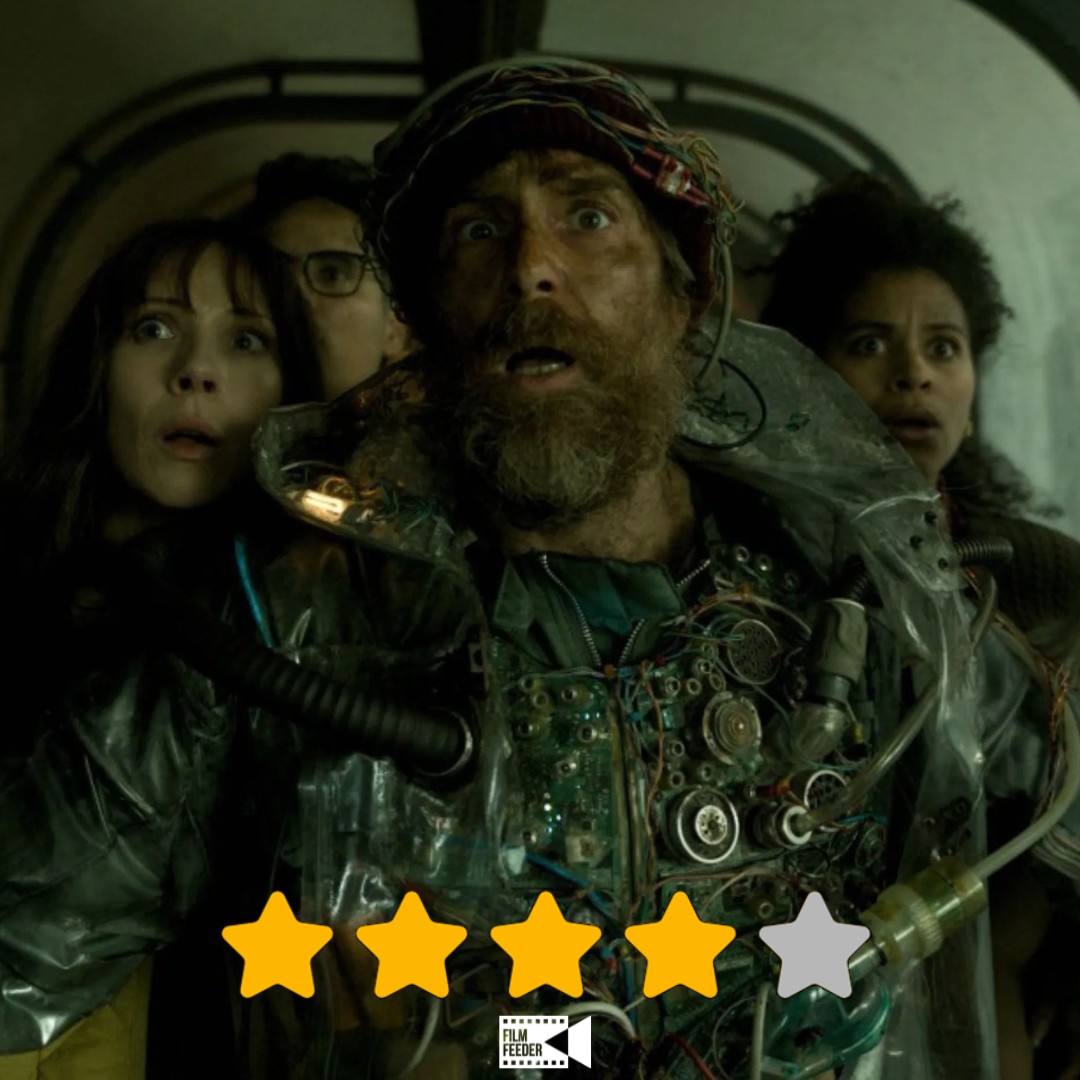
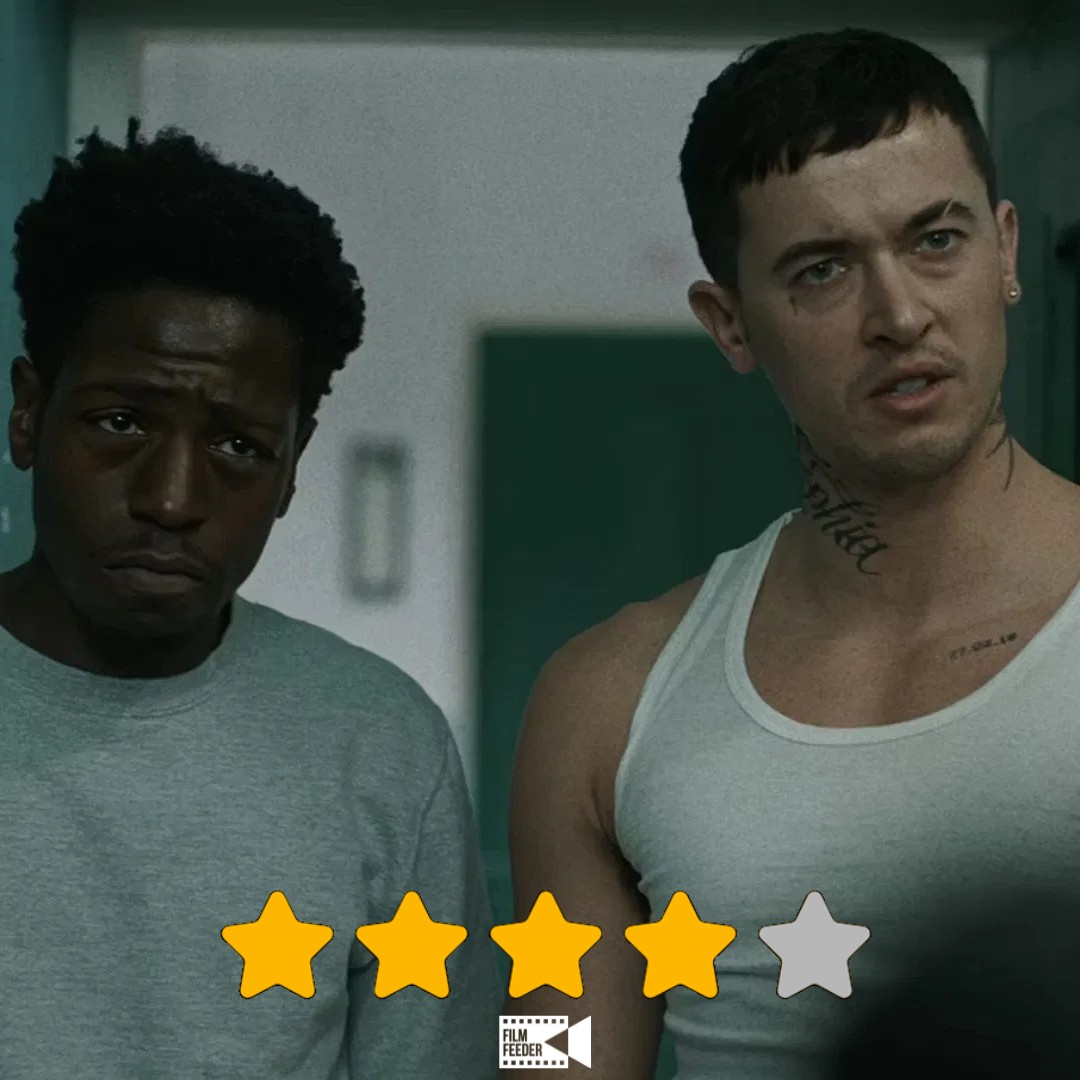
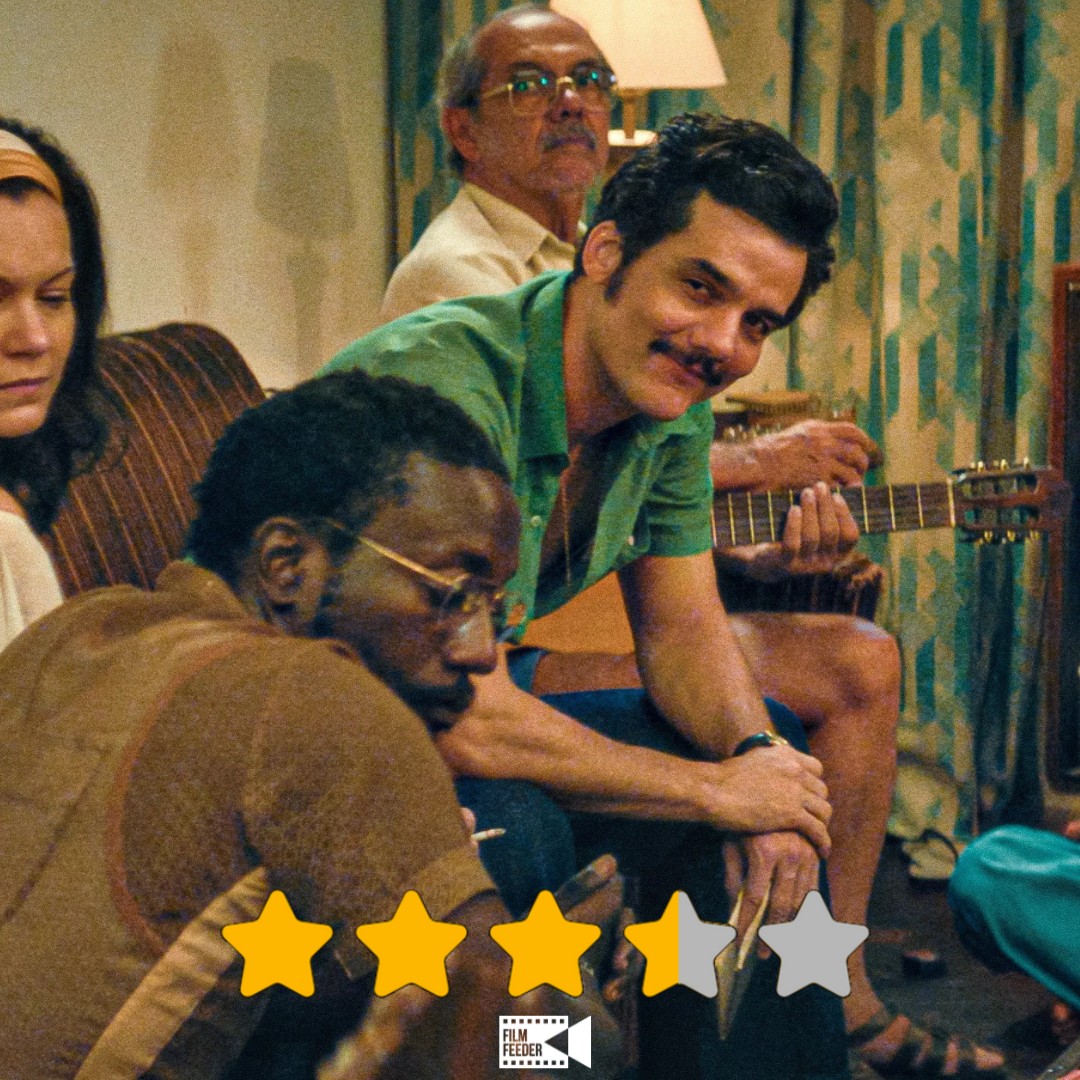
0 Comments